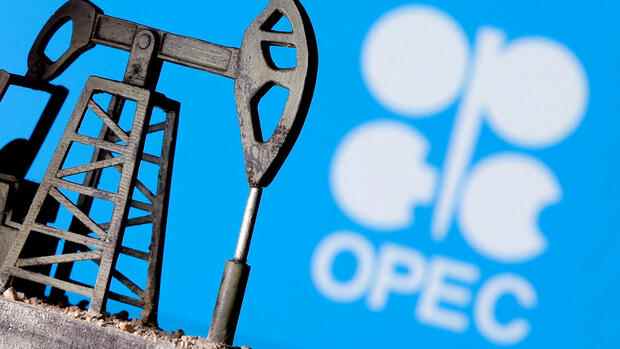Prince Abdulaziz bin Salman, Saudi Arabia’s energy minister, is sensitive to being labeled as the leader of a cartel. Rather, he sees himself as the central banker of the oil markets, committed to the functioning of the oil markets. The country has always presented itself as a reliable supplier to the USA and Europe. The motto: No matter what the political mood is – the oil always flows. It has been clear since Wednesday that this self-image is a farce.
In the midst of the worst energy crisis in decades, Opec, together with its allies in Opec plus, decided to reduce oil supply by two percent of global demand from November. The justification sounds adventurous: In view of the looming recession, OPEC wants to react early to a drop in oil demand.
The fact that she is probably making the downturn worse with the funding cuts was apparently not part of the considerations. In fact, the deal will most likely help Opec-plus member Russia mitigate the impact of the price cap on Russian oil. The G7 industrialized countries also initiated this on Wednesday.
Energy Minister bin Salman admitted frankly to Bloomberg TV after the OPEC plus meeting that the production cuts are related to the G7 price cap for Russian oil. In doing so, Opec is proving that Allianz is a cartel that does not shy away from maximizing its own profits at the expense of its customers in the short term.
Top jobs of the day
Find the best jobs now and
be notified by email.
Of course, that shouldn’t surprise anyone. The last-minute visits by Olaf Scholz in Riyadh or the pompous reception of the Saudi Crown Prince Mohammed bin Salman in the Elysée Palace seemed desperate. It was naïve to believe that such actions could pull the Saudis from a position of weakness into the Western camp. That Saudi Arabia is not a reliable partner may be a painful lesson in the current environment. But it is also a valuable experience if Europe draws the right conclusions from it.
Arms deliveries to Saudi Arabia must end
Politicians can do little in the short term, but a first step would be to refrain from holding state receptions for the Bin Salman clan. The pictures, shaking hands with journalist Jamal Khashoggi’s butcher, do not bring any positives domestically. Even if it is of no use in terms of energy policy, Berlin, Brussels and Paris can easily do without it.
The Saudi energy minister sees himself as the central banker of the oil markets.
(Photo: Reuters)
German politicians in particular must not forget that there are definitely things that Saudi Arabia needs from Germany. Equipment and ammunition for fighter jets, for example. Shortly after Scholz’s trip to Riyadh, the federal government approved the export of weapon parts. That has to end. Germany has no interest in arming an ally of Russian President Vladimir Putin.
As long as the security of supply is not endangered, the USA and Europe must also prepare indirect sanctions against Russia, which will also make it difficult for the Saudis to support Putin in circumventing the sanctions.
All of this takes time: at the moment, security of supply is the priority. For Europe this means: grit your teeth and pay the high oil bill.
But the latest Opec decision must have consequences for economic relations with Saudi Arabia – and for decades to come. Europe must ensure that blatant support for Putin proves to be a historic mistake by the Saudi royal family.
More: New price jumps threaten – Opec throttles oil production
